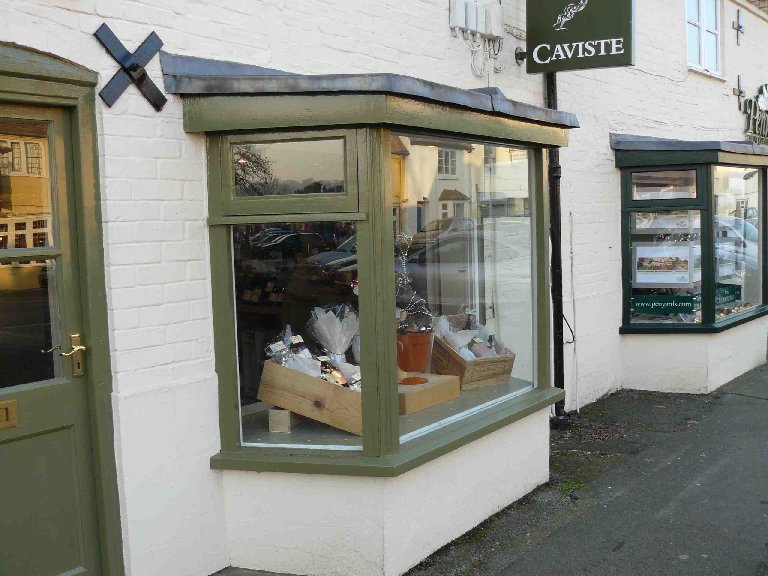Before 1996, if you signed a lease you stayed ultimately responsible for paying the rent and following the other terms until it ended, even if you passed the lease to somebody else, who in turn might pass it on. This was known as 'privity of contract'. It meant the landlord could come back to you, perhaps many years later, to pay the rent and fulfil the other terms of the lease if one of the next tenants down the line went bust. After 1 January 1996 this 'privity of contract' as it applied to the tenant, ended. However, most landlords will ask you, as tenant, to sign an 'authorised guarantee agreement'. This means you remain responsible for the lease if the person you passed it to defaults. But you are not responsible if following tenants default. But remember, if you take on a lease that was originally begun before 1996, the 'privity of contract' still applies. Occupation under license Young and start-up businesses need every spare penny to plough into the business plan. So rather than take out a lease on a property why not consider occupying your premises under a licence? Property owners sometimes find it convenient to grant a licence, partly because the occupier will not qualify for 'security of tenure'. Licences are usually much shorter and do not need the same level of financial commitment, thus offering more flexibility. But licences need to be drawn up very carefully. Otherwise the law might read them as a lease. So it is vital to take advice from a solicitor and a chartered surveyor before signing a licence, either as occupier or licensor.
